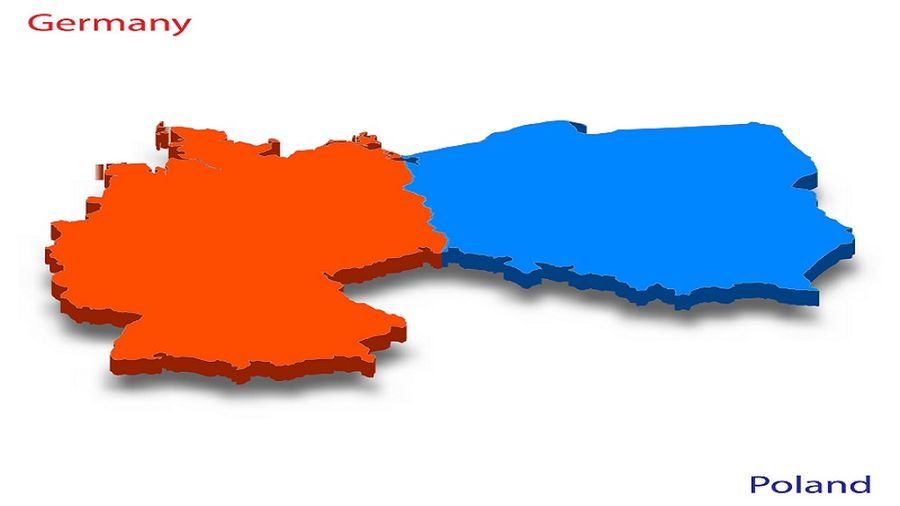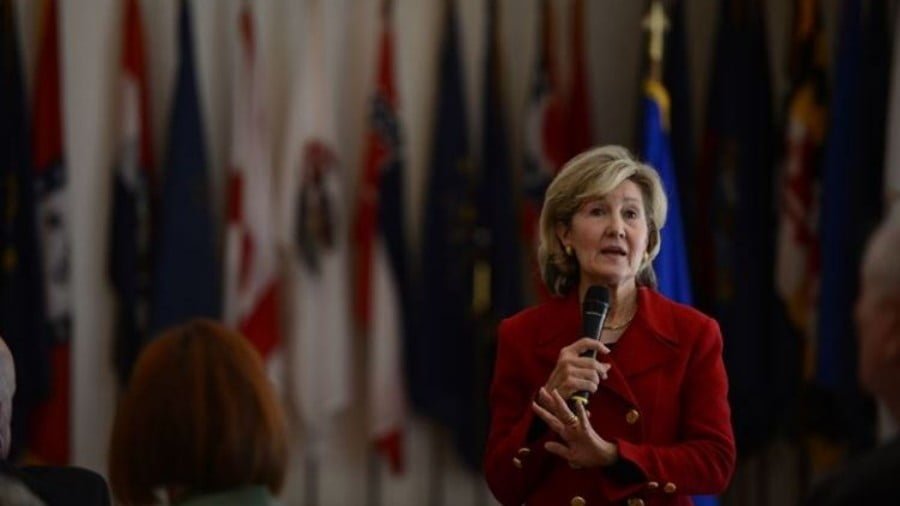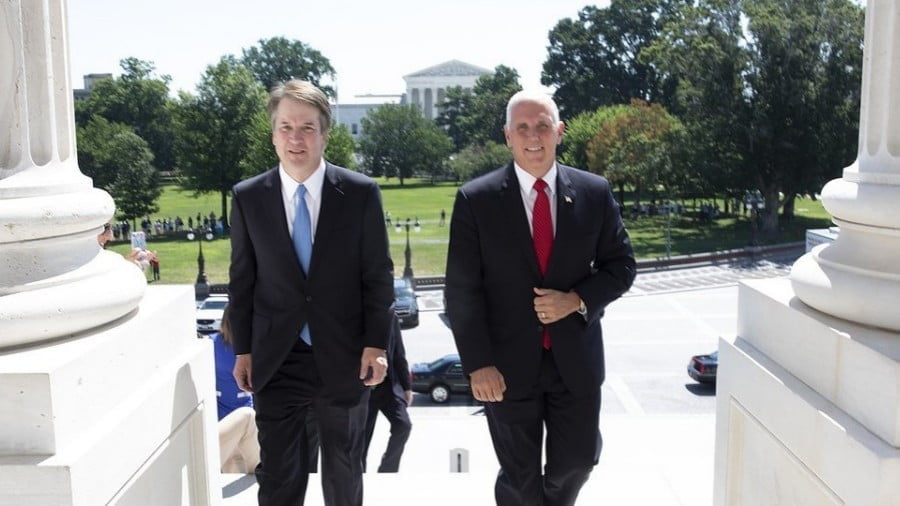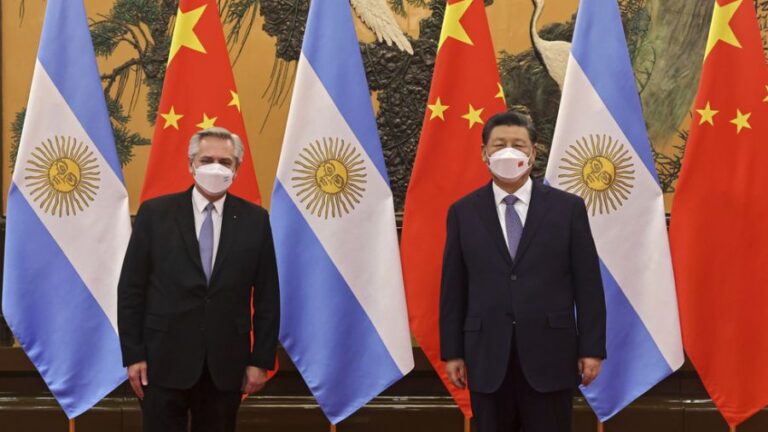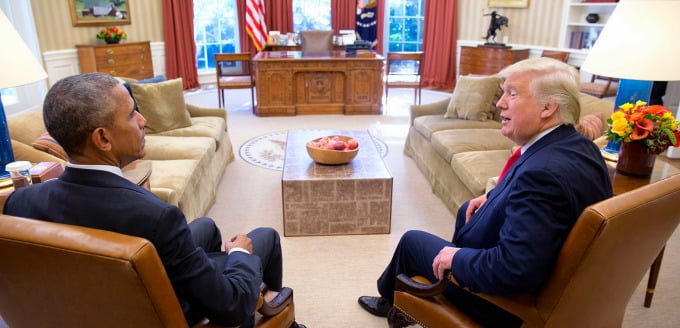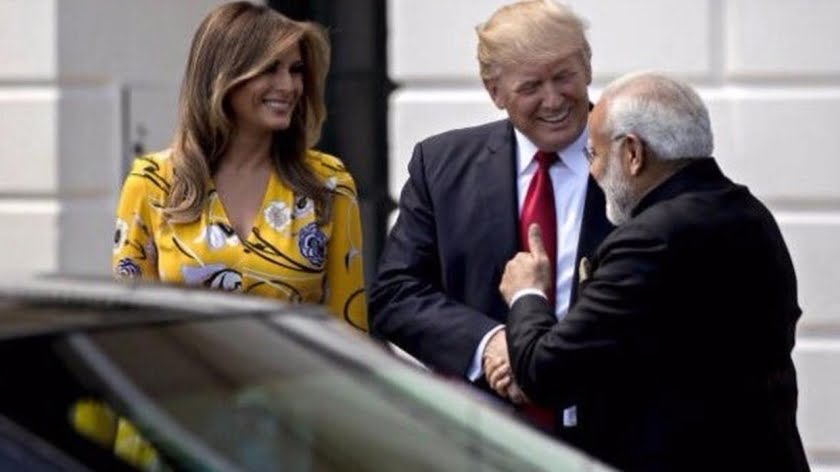Pay Attention to Medvedev’s Warning about the Polish-Prussian Alliance in Ukraine
Germany’s supervising this operation while Poland’s doing the heavy lifting as its pawn, but the end result is the same: even if Ukraine isn’t removed from the map, its sovereignty might be gone forever.
Deputy Chairman of the Russian Security Council and former President Dmitry Medvedev recently raised awareness of the emerging Polish-Prussian alliance, which he said stands to economically benefit if Ukraine collapses. In his words, “The Polish-Prussian alliance, which is escalating the situation with all its might and pushing the deranged Zelensky to increasingly more catastrophic statements and actions, would benefit a lot if the state of Ukraine disappears from the map. There will be unattended factories, crop land, coalmines, strategic expanse and human resources. I remember that someone already talked along the same lines at the end of the 1930, in the same language and with the same ardor. How it ended is well known.”
Casual observers might scoff at his claims, but there’s actually quite a lot of credence to them, both in terms of the present as well as with respect to the historical precedent that he touched upon. For starters, Poland is already merging with Ukraine into a de facto confederation following the outcome of Polish President Andrzej Duda’s latest trip to Kiev, which prompted former Ukrainian President Viktor Yanukovich to warn that that his country risks losing its sovereignty as a result of this latest development. Nevertheless, Warsaw’s effort to reconstitute its former Commonwealth hit a snap after it realized that it can’t completely foot the bill for this project, which is why it demanded that nearby Norway give it and Kiev the extra proceeds that it’s thus far made from energy sales this year.
Another obstacle then popped up when Poland complained that Germany wasn’t replacing the old tanks that it sent to Kiev with new ones like it supposedly promised, which Berlin denied had ever been officially agreed to. The EU’s unofficial leader clearly manipulated its neighbor into transferring half of its stockpile to that country, which aligns with the trend of everyone taking advantage of the Polish leadership’s imperial nostalgia to get it to do their bidding there. Even so, Polish-German relations still remain close, so much so that Medvedev considers them to be allies that are jointly conspiring to economically destroy Ukraine, which isn’t an exaggeration. Both of them want to plunder its copious resources, though they’re also competing with one another and others for them too.
In times past, Nazi Germany and the Second Polish Republic clinched a non-aggression pact in 1934 that few beyond those two countries are aware of since the US-led West is nowadays obsessed with solely focusing on the Molotov-Ribbentrop Pact that represented the last deal that any country ever reached with Hitler before World War II, which in any case was the only realistic option available to the Soviet leadership back then to buy time before the impending conflagration. That wasn’t the case with the Nazi-Polish pact, however, which was done without any coercion whatsoever and purely in pursuit of their joint interests against the USSR. Former Polish strongman Jozef Pilsudski hated the Soviets with a passion and presumably thought that the Nazis might help advance his “Prometheist” plot.
That concept refers to interwar Poland’s envisioned “Balkanization” of the USSR that would have created the opportunity to revive Warsaw’s long-lost Commonwealth over the what’s nowadays Belarus and Ukraine. That in turn could have directly led to the creation of his envisioned “Intermarium” alliance of the Central & Eastern European (CEE) countries between the Baltic and Black Seas that he expected would help them all maintain maximum strategic autonomy vis a vis their much larger and more powerful Nazi and Soviet neighbors. In the event that there had been a joint Nazi-Polish invasion of the USSR, the aggressors might have agreed to replicate the short-lived status quo after the Treaty of Brest-Litovsk to jointly occupy that space exactly as Imperial Germany and Austria-Hungary sought to do.
That scenario obviously didn’t unfold, but the “Intermarium” nowadays lives on through the Warsaw-led “Three Seas Initiative” (3SI), which was earlier promoted by the former Trump Administration as a wedge between Germany and Russia but has since been co-opted by the Biden one and Berlin as a purely anti-Russian project. In the contemporary context, Germany is following Poland’s lead (but also leading it on as well, it must be said) by dispatching weapons to Kiev for the purpose of indefinitely perpetuating the conflict that’s ultimately destroying its economy. Not only that, but its new coalition government also recently agreed to invest a whopping €100 billion into its military over the next half-decade until the end of 2026.
Ukraine’s de facto confederalization with Poland in parallel with Germany’s unprecedented post-World War II militarization pairs perfectly with their joint plans to collapse that resource-rich former Soviet Republic’s economy through their participation in the US-led NATO proxy war on Russia there. Exactly as had briefly happened a little over a century ago but with a contemporary neo-imperial twist, Germany appears to be plotting the occupation of Ukraine, albeit this time together with Poland instead of the erstwhile Austria-Hungary. Back then, Vienna was Berlin’s junior partner, while now it’s Warsaw, precisely as it was envisioned to be in this scenario in the mid-1930s had the Nazi-Polish Non-Aggression Pact resulted in a joint invasion of the USSR.
For these interconnected historical and contemporary strategic reasons, Medvedev was correct in recently raising awareness about what he rightly described as the Polish-Prussian alliance. Those two are indeed conspiring with one another to collapse the Ukrainian economy through their participation in the proxy war on Russia there in order to subsequently plunder its copious resources under the cover of “reconstructing” it along the lines of the post-modern scheme that Ukrainian President Volodymyr Zelensky himself suggested last month while speaking at the World Economic Forum in Davos. Germany’s supervising this operation while Poland’s doing the heavy lifting as its pawn, but the end result is the same: even if Ukraine isn’t removed from the map, its sovereignty might be gone forever.

